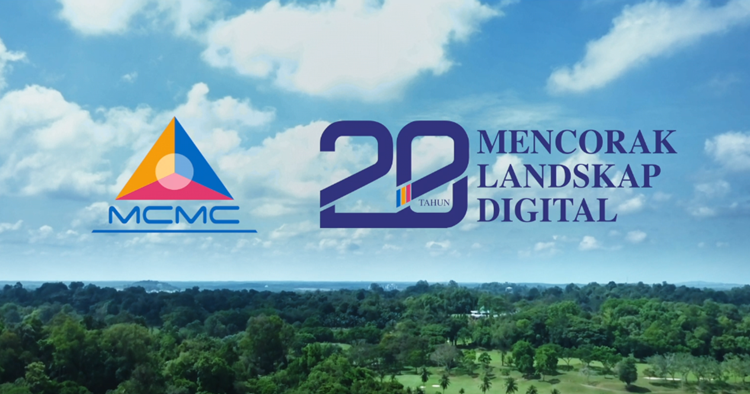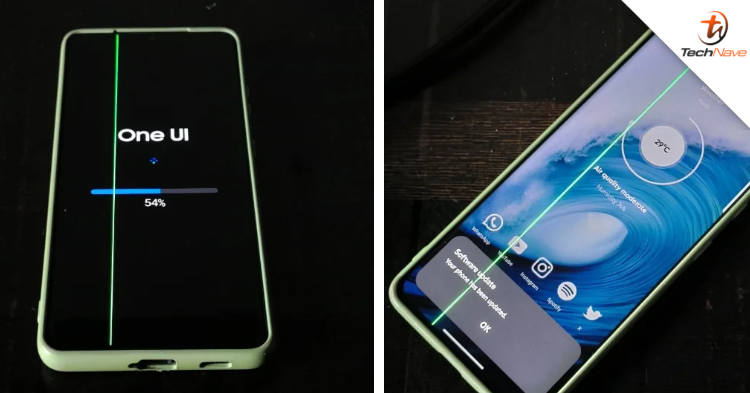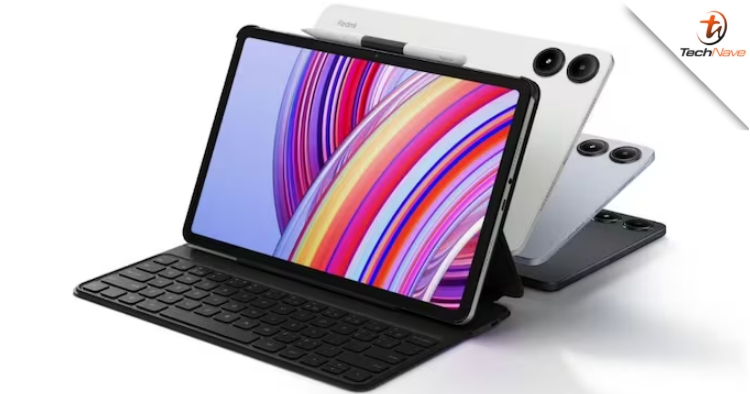
Did you know that the Communications and Multimedia Act (AKM) 1998 was launched 20 years ago? Its purpose was to make Malaysia the centre and focus point of the world for services, communications, information and multimedia content, which are regulated by the Malaysian Communications and Multimedia Commission (MCMC). Is this going to be a fun fact type of post? Yup, so sit back and read some fun facts of how MCMC shaped the digital landscape.
If you're a 90's kid, chances are you have experienced the 64kb/s modem which was a wonder at that time. While it's super slow (like, horrifyingly), it opened up new opportunities for digital connectivity and seeing the world virtually. While our network speed may not be one of the best in the world, the fixed and mobile line broadband subscription began to increase steadily. In fact, according to MCMC statistics:
- In 2008, broadband penetration rates per 100 inhabitants were just 6.1% and it jumped to 121.11% in 2018
- In 2017, 2.59 million broadband subscribers increased to 2.66 million in 2018
- There is a total of 36.8 million mobile broadband customers
- In 2018, there is a 4.3% growth of mobile broadband customers (that's 1.5 million subscribers)
- On average, prices for high-speed broadband services have dropped as much as 49% due to the Double Speed At Half Price initiative by the government last year
- Speedtest Global Report Index by Ookla in February 2019 recorded a fixed broadband download speed of 64.51 Megabit per second (Mbps) on average compared to 22.26Mbps last year (2018)
- Malaysia is currently ranked 32nd in the world compared to 56th position in 2017
In addition to that, here's some more fun fact about our mobile technology. During the first generation, it only supported voice calls only. Then 2G introduced calling and SMS (and MMS), followed by video calling and mobile internet access with 3G. And as you all know it, 4G LTE allows us to access the mobile services, features and the internet with high speed. But what about 5G and how will that change our future?
As mentioned in our Future of 5G article, the technology is currently in the testing field and it looks like we are on schedule. When it's ready, 5G will be able to change almost all aspects of our daily lives, this includes businesses and government affairs. As of recently, there is an on-going Terragraph project in Georgetown, Penang, as well as the Optical Fiber Plan and National Interconnection (NFCP) in Jasin.
It's not just about having faster network speed but bringing on a whole new level of device connectivity, building new services and support a wide range of applications. If everything goes according to plan, the commercial use of 5G technology for Malaysia will be ready in 2021.
So what do you think of 5G? Discuss in the comments below and stay tuned for an exciting future of 5G news only at TechNave.com.


















COMMENTS